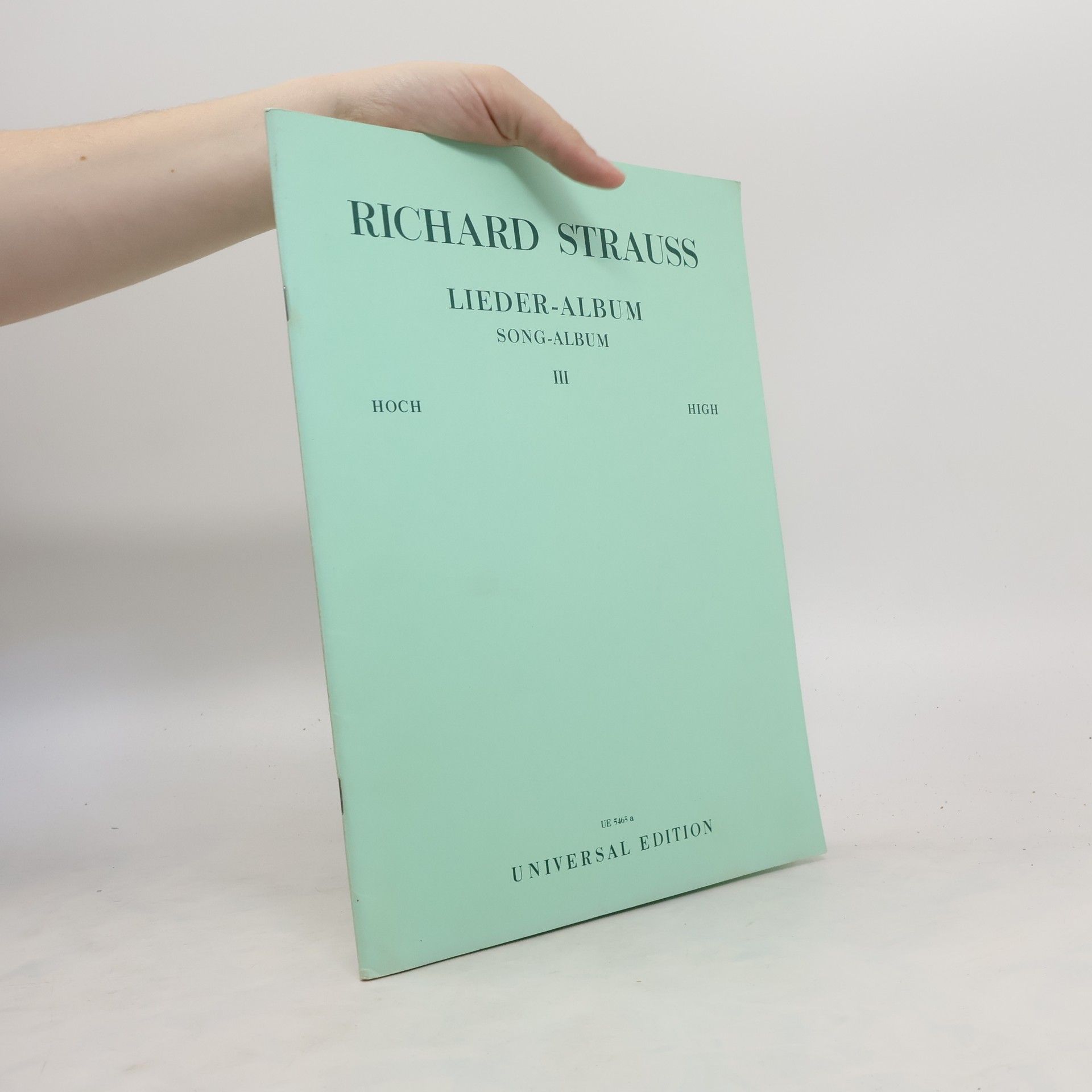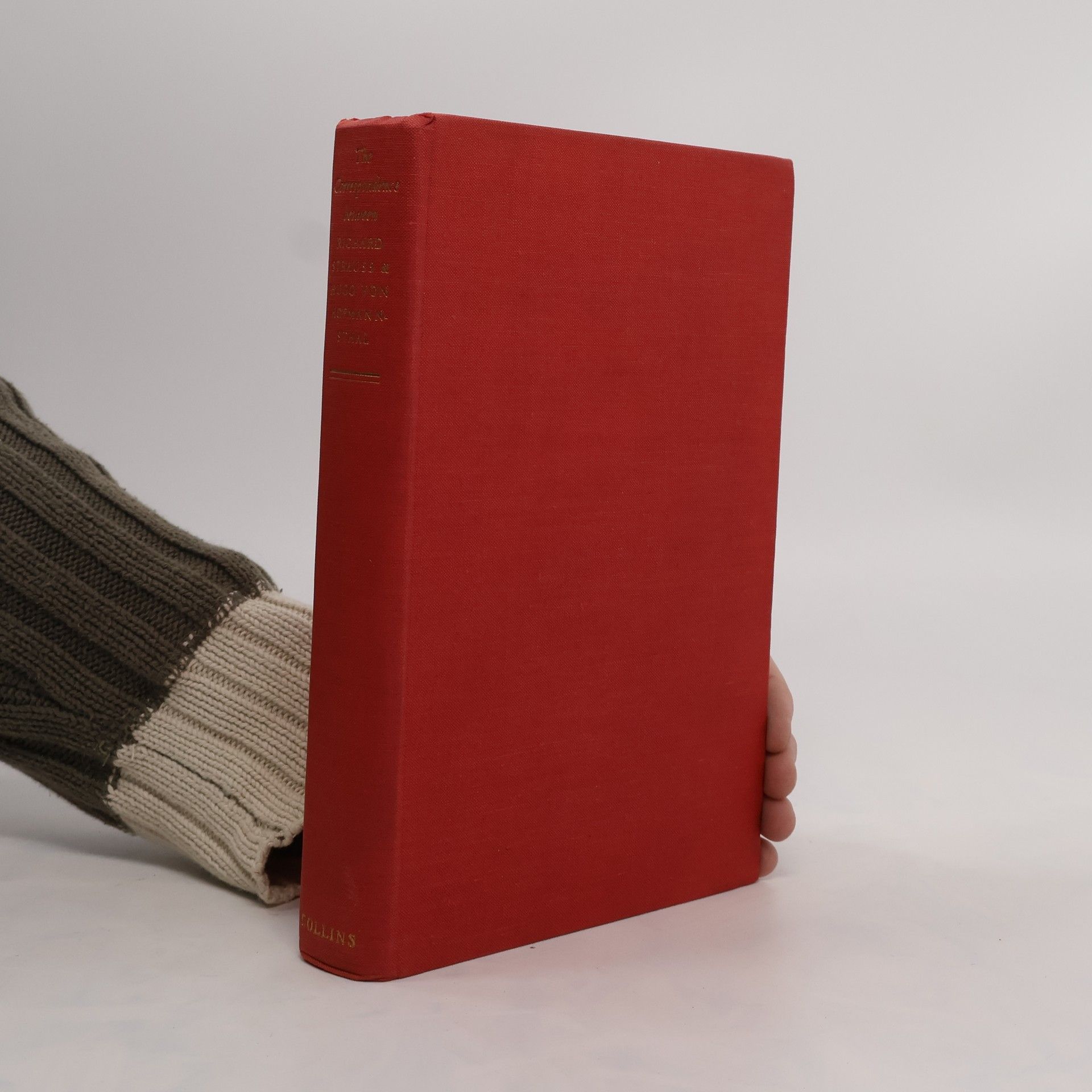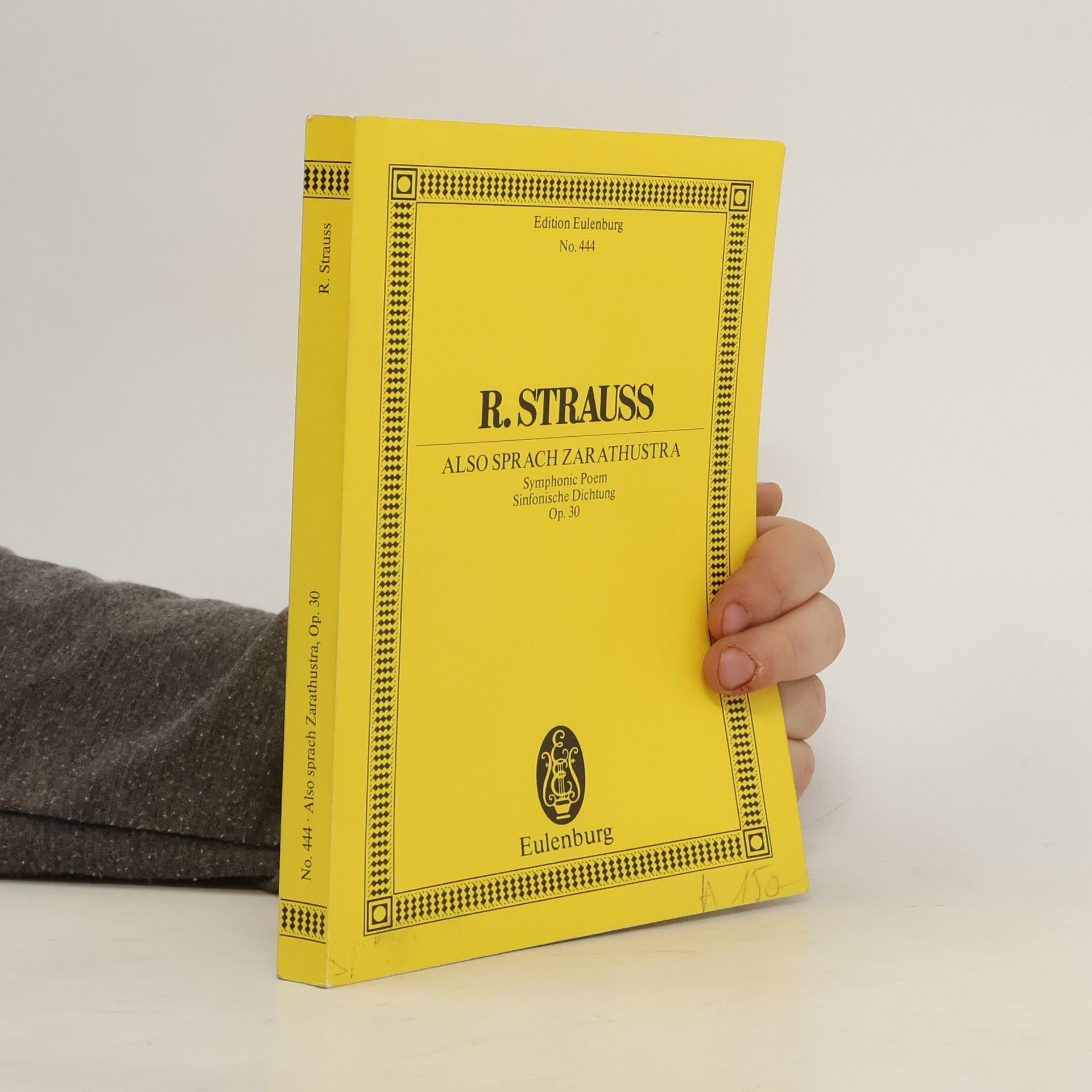Richard Strauss Libri
11 giugno 1864 – 8 settembre 1949
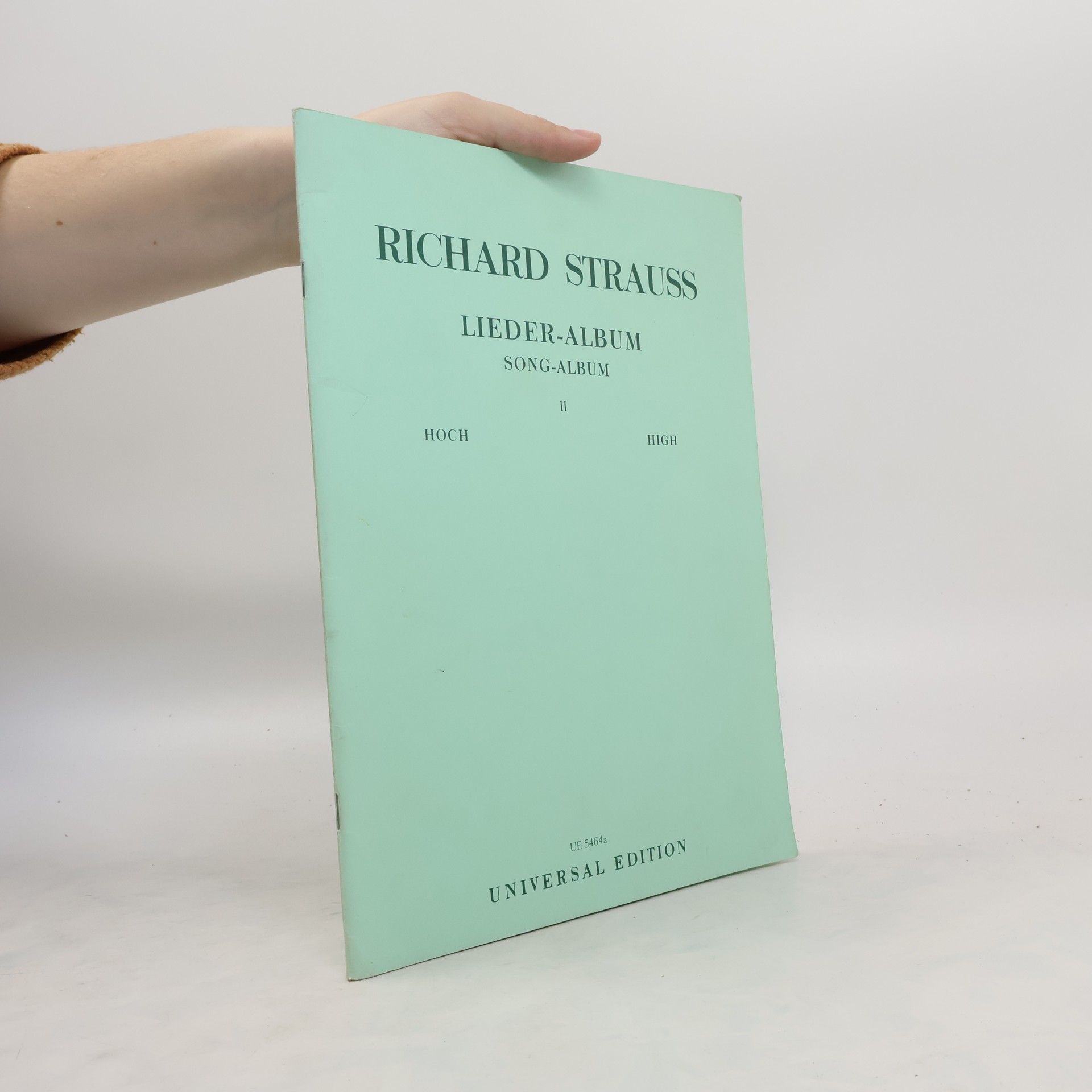
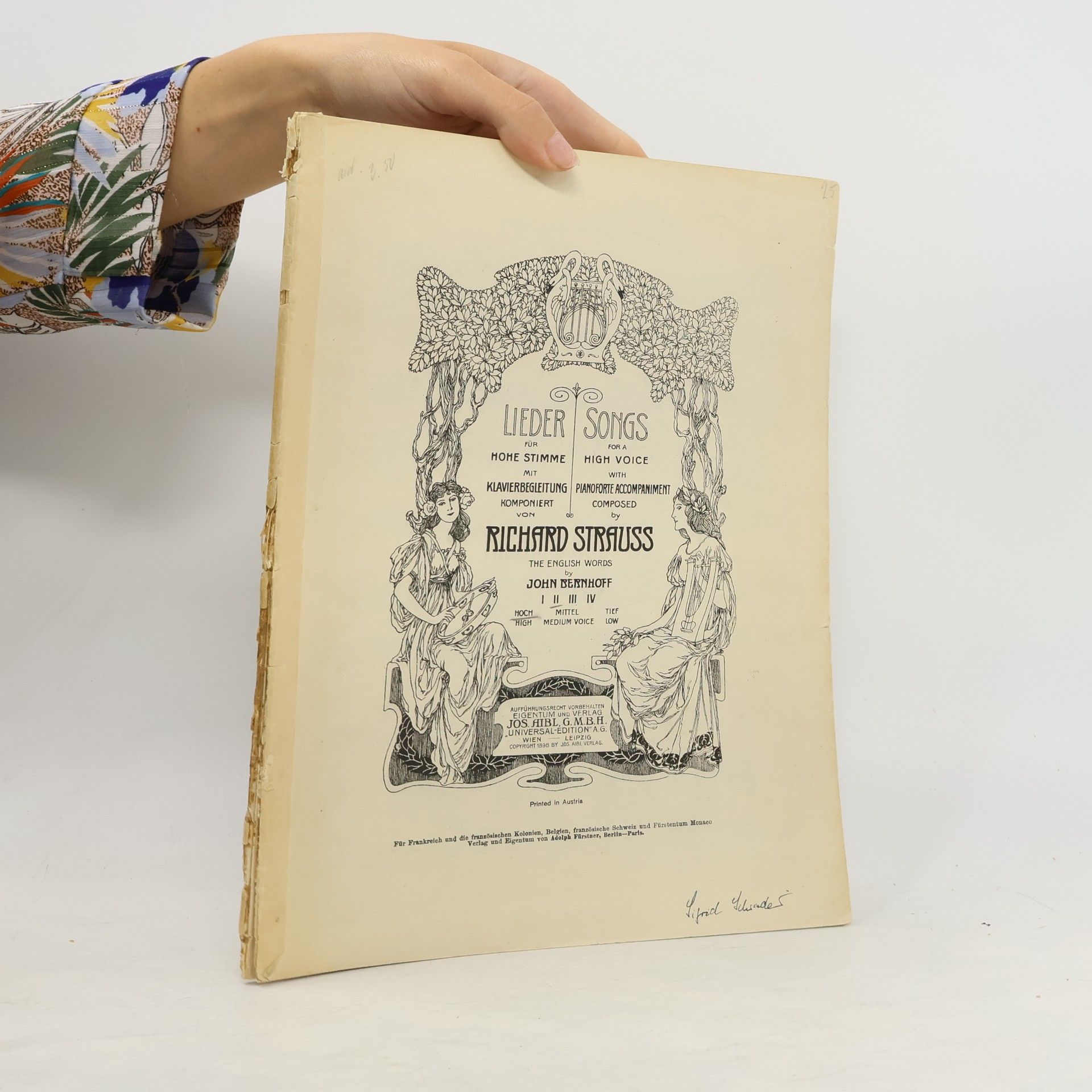
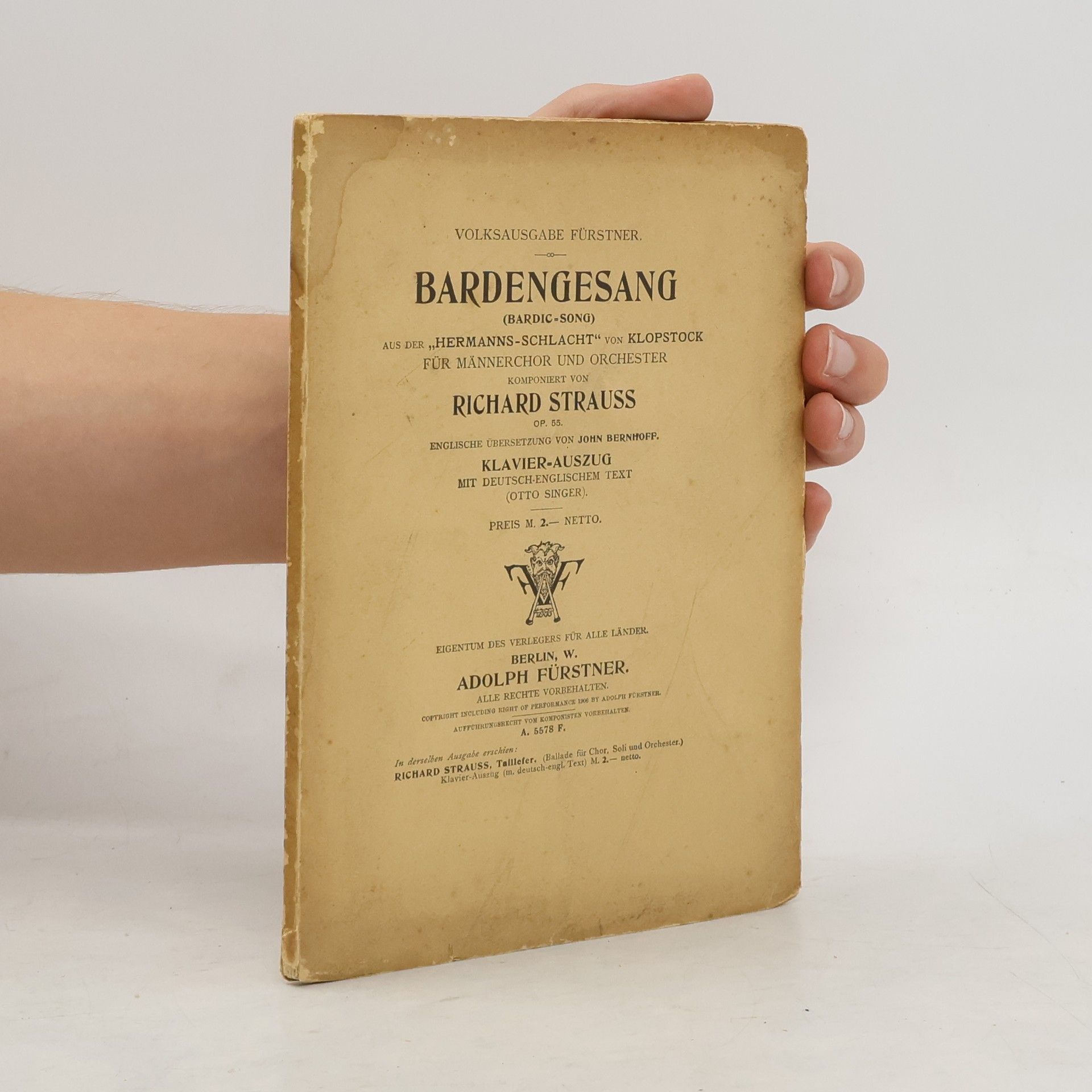

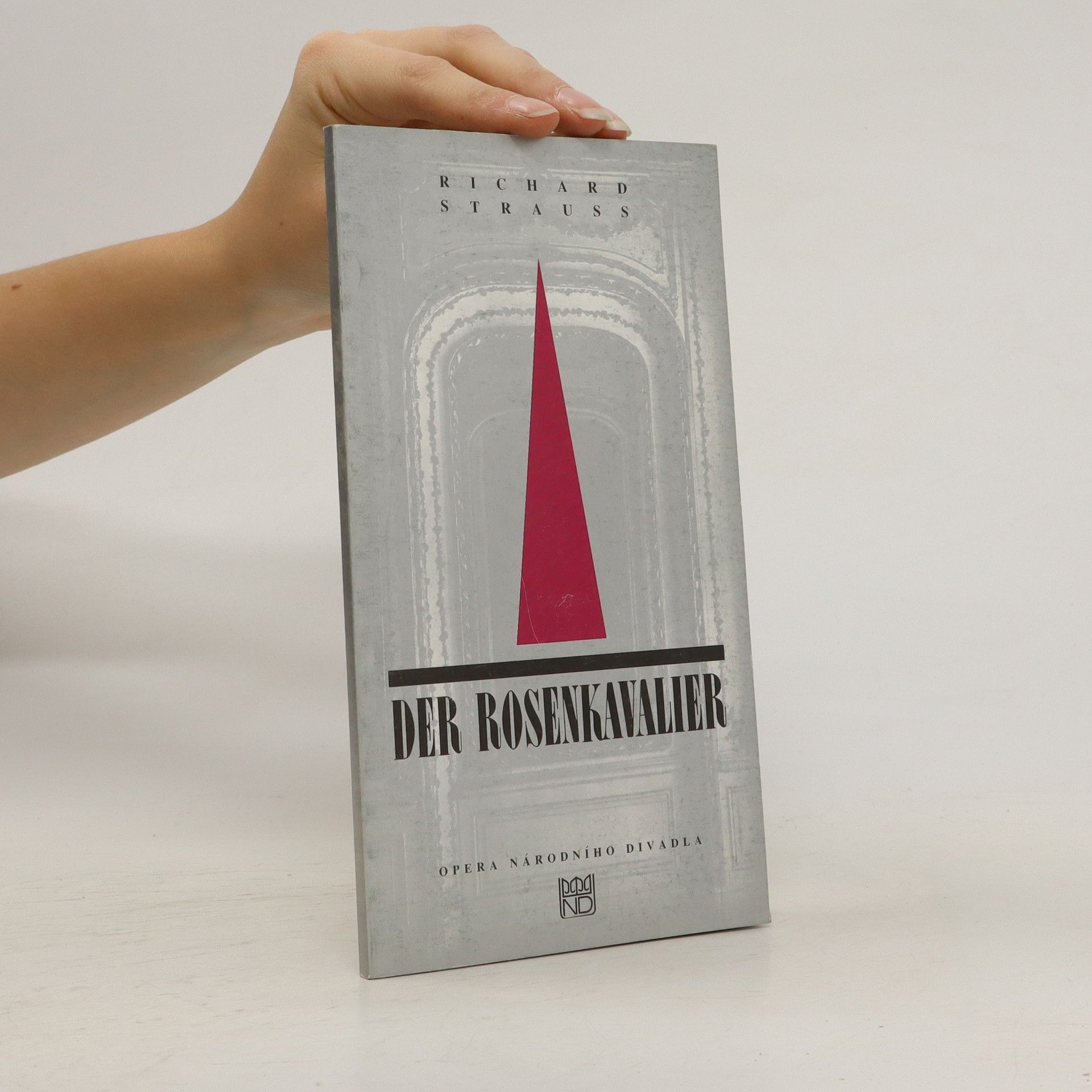

Der Rosenkavalier
- 101pagine
- 4 ore di lettura
Volksausgabe fürstner. Bardengesang
Bardic-song
(Piano Solo). The opening theme of "Also Spoke Zarathustra" became world famous through Stanley Kubrick's film 2001: A Space Odyssey . It is now available for the first time in a piano arrangement from Schott Music.
